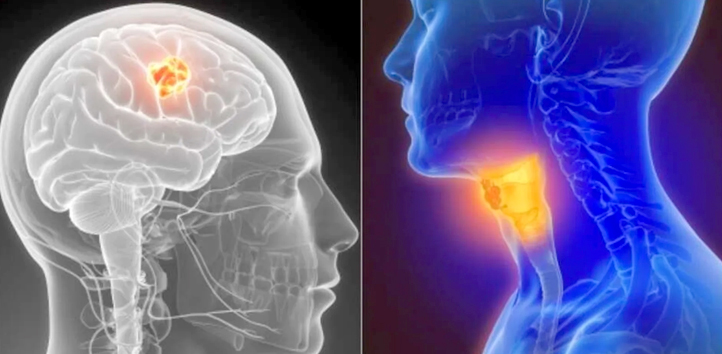
Head Neck Cancer Surgeries
Advanced Treatment for Tumors & Cancerous Growths
Head and neck cancers affect the mouth, throat, voice box, salivary glands, and nasal passages. Early diagnosis and surgical intervention are crucial for effective treatment and better outcomes. Our ENT specialist provides advanced surgical procedures to remove cancerous tissues while preserving function and appearance.
Types of Head & Neck Cancers Treated
- Oral Cancer – Affecting the tongue, gums, inner cheeks, and lips
- Throat Cancer (Pharyngeal Cancer) – Found in the pharynx (throat)
- Laryngeal Cancer (Voice Box Cancer) – Affecting the vocal cords and larynx
- Thyroid Cancer – Cancerous growths in the thyroid gland
- Salivary Gland Cancer – Affects the parotid and submandibular glands
- Nasopharyngeal Cancer – Found in the upper throat behind the nose
- Sinus & Nasal Cancer – Affects the sinuses and nasal cavity
Symptoms of Head & Neck Cancers
- Persistent sore throat or hoarseness
- Difficulty swallowing or breathing
- Lump or swelling in the neck or jaw
- Non-healing ulcers or sores in the mouth
- Chronic ear pain or hearing loss
- Frequent nosebleeds or sinus blockages
- Unexplained weight loss and fatigue
If you experience these symptoms, consult a specialist for early detection.
Types of Head & Neck Cancer Surgeries
Tumor Removal Surgeries
- Glossectomy – Partial or total removal of the tongue for oral cancer
- Laryngectomy – Partial or total removal of the larynx (voice box)
- Pharyngectomy – Removal of part of the throat (pharynx)
- Maxillectomy – Removes tumors in the upper jaw and hard palate
- Mandibulectomy – Removes affected portions of the jawbone
Thyroid & Salivary Gland Surgeries
- Thyroidectomy – Removes part or all of the thyroid gland
- Parotidectomy – Removes tumors in the parotid (salivary) gland
- Submandibular Gland Removal – Treats cancer in the lower salivary glands
Reconstructive Surgeries
- Flap Surgery – Uses skin, muscle, or bone from other body parts to rebuild facial structures
- Jaw & Dental Reconstruction – Restores jaw function after mandibulectomy
- Voice Rehabilitation (Esophageal Speech or Prosthetic Voice Box) – Helps restore speech ability after laryngectomy
Neck Dissection (Lymph Node Removal)
Removes cancer-spreading lymph nodes to prevent further spread
Treatment Plan After Surgery
- Radiation Therapy – To eliminate remaining cancer cells
- Chemotherapy – Used in combination with surgery for aggressive cancers
- Targeted Therapy & Immunotherapy – For advanced-stage cancers
- Speech & Swallowing Therapy – Helps restore normal function post-surgery
Why Choose Us for Head & Neck Cancer Surgery?
- Experienced ENT surgeons with expertise in cancer treatment
- Minimally invasive techniques for quicker recovery
- Personalized treatment plans for every patient
- Reconstructive surgery & rehabilitation support
Early detection and treatment save lives! If you or a loved one have symptoms of head and neck cancer, consult our specialist for a detailed evaluation and the best treatment options.
